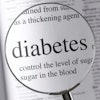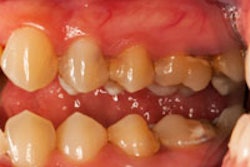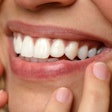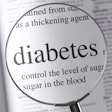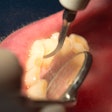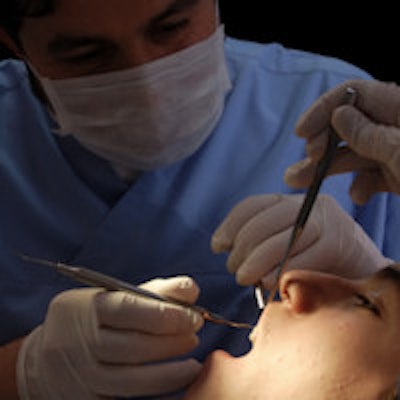
Scleroderma is an autoimmune, rheumatic, and chronic disease that affects the body by hardening connective tissue, according to the Johns Hopkins Scleroderma Center. For the almost 500,000 people in the U.S. with this autoimmune disease, their cells produce additional collagen and they don't stop making it. Scleroderma is a chronic disease, but it can be treated and managed, even if there is no cure at present, the Hopkins center notes on its website.
Patients with scleroderma often have shrunken mouths, hands that are stiff, and difficulty stretching their mouths to open wide enough to brush and floss, and for dentists and dental professionals to provide care.
In a new study published in the Journal of Clinical Rheumatology (June 2014, Vol. 20:4, pp. 189-194), lead author David Leader, DMD, MPH, an associate professor in the department of diagnosis and health promotion at the Tufts University School of Dental Medicine, and colleagues surveyed dentists in Massachusetts to discover what dentists know about scleroderma and their attitudes toward treating patients with this condition.
Patients with scleroderma commonly have dry membranes of the mouth and eye, according to the Hopkins center. These symptoms are thought be caused by a dysfunction of tear or salivary glands secondary to an autoimmune process or tissue fibrosis. Tooth decay and periodontal disease caused by a decrease in normal saliva and difficulties performing dental care also are often seen, particularly in patients with a decreased oral aperture. The Hopkins center recommends that physicians instruct these patients to have frequent dental care.
Understanding scleroderma and the specific issues these patients have is one of the keys in providing excellent oral healthcare to this patient group.
Dr. Leader and colleagues sent an online survey to more than 4,400 members of the Massachusetts Dental Society. This number represents about 80% of practicing dentists in the state. The researchers had a response rate of 6% (269 dentists). The survey included a number of questions to determine the dentists' knowledge of scleroderma and their confidence or ability to treat patients who have scleroderma.
Of those who responded, 71% of dentists reported that they were prepared to treat patients with scleroderma, while 28% reported that they did not feel qualified to treat these patients. Those who reported being prepared to treat patients with scleroderma were more likely to be knowledgeable about the indicators of the disease, such as dry mouth and thickening of the skin.
While almost 96% of respondents said that they would like to learn more about scleroderma, more than half (51%), however, were concerned that a lack of knowledge regarding how to care for an individual with scleroderma may cause harm to the patient.
"Dentists may be overly concerned about their patients' needs, because they feel that they do not know enough to treat someone with scleroderma, and thus fear causing harm," the study authors wrote. "That said, if dentists have access to knowledge about how to accommodate patients with scleroderma, they can confidently provide care."
The survey results indicate the potential value of creating a health communication effort targeting oral health providers to improve scleroderma patient satisfaction and access to care, the study authors concluded. An awareness of protocols and complications associated with treating patients with scleroderma may help improve their oral healthcare.
Dentists who are not familiar with scleroderma are not alone, Dr. Leader told DrBicuspid.com.
"Scleroderma is an unusual disease. You may not ever see a scleroderma patient in practice. Scleroderma is closely related to more common autoimmune diseases, including systemic lupus erythematosus, rheumatoid arthritis, and Sjögren's syndrome," he said.
For those dentists who want to learn more, he offered this take-away message: "It only takes about 30 minutes to understand the basics about scleroderma and oral healthcare," he stated. "So, when challenged by a patient with scleroderma or any other unusual disease or condition, take the opportunity to expand your knowledge and experience."
If dentists need information specifically about scleroderma, they can speak with their patient's rheumatologist or contact the Scleroderma Foundation at www.scleroderma.org, Dr. Leader noted.



